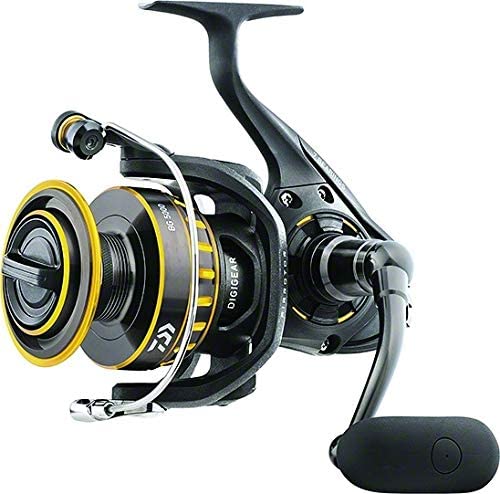The Wisdom of Knowing When to Stop: A Lesson from a Pencil Sharpener
Update on Oct. 28, 2025, 7:09 p.m.
Our culture is obsessed with the idea of “more.” We strive for more efficiency, more optimization, more features, more polish. We live in an endless cycle of updates and improvements, driven by the belief that better is always just around the corner. We push our projects, our goals, and ourselves to the absolute limit, terrified of stopping before we have achieved an elusive state of perfection.
And in this relentless pursuit, we often push too far. We burn out. Our projects become bloated and delayed. We “gild the lily,” adding features nobody asked for. We sharpen our pencils until the lead snaps.
I recently stumbled upon a profound piece of wisdom from a most unexpected source: an electric pencil sharpener. In reading reviews for the X-ACTO SchoolPro, a heavy-duty machine designed for classrooms, I came across a line from a user that struck me like a miniature epiphany. Speaking of the sharpener, they wrote, “It knows when to stop.”
They were referring to a specific piece of engineering called a “Flyaway Cutter.” It’s a mechanism that automatically retracts the blades once the pencil has reached an optimal, sharp point. It physically prevents you from over-sharpening. It is a machine designed with the built-in wisdom of restraint.

The High Cost of a Point Too Fine
What is the cost of over-sharpening? On a literal level, it’s obvious. You waste the pencil, grinding it down to a nub. You create a long, exquisitely sharp, but structurally fragile point that is destined to break under the slightest pressure. You invest more time and energy only to end up with a worse result.
This is a perfect, tangible metaphor for the dangers of perfectionism in our work and lives. The project manager who insists on adding one more “minor” feature, delaying the launch by weeks. The writer who revises a single paragraph fifty times, losing the original spark in the process. The artist who adds one last brushstroke and muddies the entire canvas. This is the act of sharpening until the lead breaks. It’s a pursuit of an imagined 100% that invalidates the perfectly good 98% you had already achieved.

The Liberating Wisdom of “Good Enough”
This humble sharpener embodies a philosophy that ancient cultures and modern productivity gurus alike have celebrated: the wisdom of “good enough.” It’s the Pareto Principle, which suggests that 80% of the results often come from 20% of the effort, and chasing that final 20% can be a fool’s errand. It’s the Japanese concept of hara hachi bu, or eating until you are 80% full, a practice believed to promote health and longevity.
“Knowing when to stop” is not a sign of laziness or a lack of ambition. It is a strategic decision rooted in understanding your objective. The pencil sharpener doesn’t stop when the pencil is “passable.” It stops when the pencil is “perfectly sharp and ready for its task.” Any further action would detract from that state of readiness.
Its job is not to create the sharpest conceivable point in the universe; its job is to create the most effective point. And so it is with our work. Our goal is not to create the most flawless, feature-complete, infinitely polished thing imaginable. Our goal is to create something that effectively solves a problem, communicates an idea, or brings joy.
In a world filled with technology that pushes us to do more, faster, and forever, there is a quiet genius in a tool that has the wisdom to stop. It serves as a small, daily reminder that the goal isn’t endless action, but purposeful completion. It produces a pencil that is not dull, nor is it brittle. It is simply ready. Ready to write the story, sketch the design, or solve the equation. And perhaps we should be too.

















